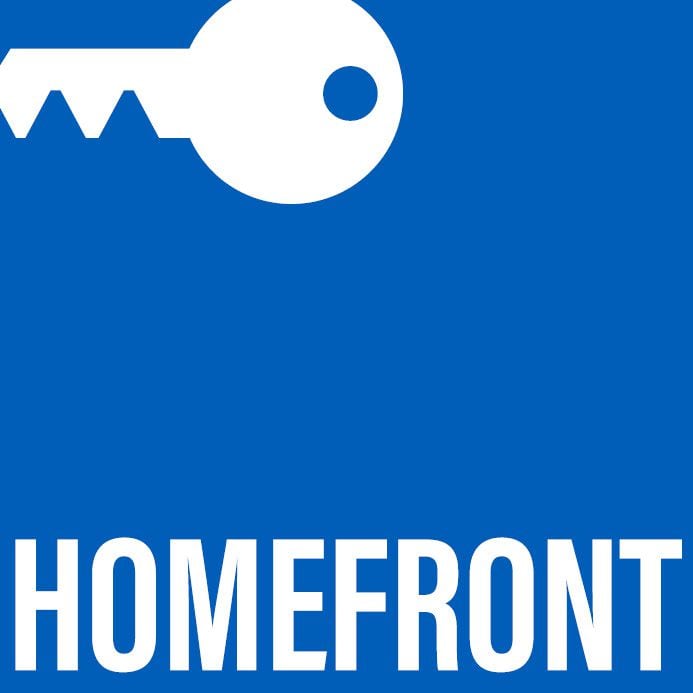
Question: My family and I recently moved out of an apartment in Sharjah that we had rented for 10 years.
However, the property manager sent me an overpriced bill under the pretext of fixing damages in the apartment.
Are landlords or the building management legally entitled to charge for the repair of the property after the tenant moves out?
If I do not pay the charges immediately, they are threatening to file a case against me. EB, Sharjah
Answer: When a tenant enters into a rental contract with a landlord, a deposit is lodged and is used to repair any damage that occurred to the property during the period of the tenancy.
The deposit is also often used to return the property to the same condition as it was at the start of the tenancy.
What appears to be at play here is not the fact that the landlord is charging you for all the items listed, but I presume the individual cost of each item is what is causing you concern.
Therefore, I recommend you try to negotiate this downwards, if possible, by suggesting that you can organise the repairs or any replacement(s) yourself.
Q: I rent a property whose previous owner issued a 12-month eviction notice last year based on his intent to sell the unit.
The property was sold and transferred to the new owner a few months ago.
I recently informed the new owner of my intent to continue the lease. I made my notification within the 90-day period before lease expiry.
The new owner insists that the eviction notice issued by the previous owner last year carries over to the new landlord as well.
As a result, the new owner is demanding that I leave the property at the end of the current lease, citing their intent to occupy the unit.
I am certain that the new owner must issue a new 12-month notice to vacate since the reason for eviction (to occupy) is different from the previous owner’s reason (to sell).
It is also my understanding that the owner must provide evidence to the Real Estate Regulatory Agency that they do not have another suitable property.
Is the new owner required to issue a new 12-month notice to vacate or does the former owner’s notice still apply? DN, Dubai
A: Your understanding is correct when it comes to eviction notices, but I can see how sometimes individuals take certain stances when interpreting the law.
What I can tell you is that when a landlord gives a 12-month notice to his tenant for reason of sale, and then the buyer turns out to be an owner-occupier, it has been shown that some judges at the Rent Dispute Settlement Committee directly request the new owner to send their own 12-month notice to vacate.
If there is a difference of opinion, as there is with you and your new landlord, the only way to resolve it is to file a case at the RDSC and let the judges decide.
The law does request that the burden of proof is with the new owner to prove they do not own another suitable property that could be used instead.
Mario Volpi is the sales director at AX Capital. He has worked in the property sector for 39 years in London and Dubai. The opinions expressed do not constitute legal advice and are provided for information only. Please send any questions to m.volpi@axcapital.ae






